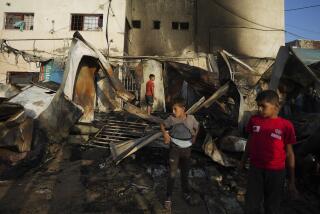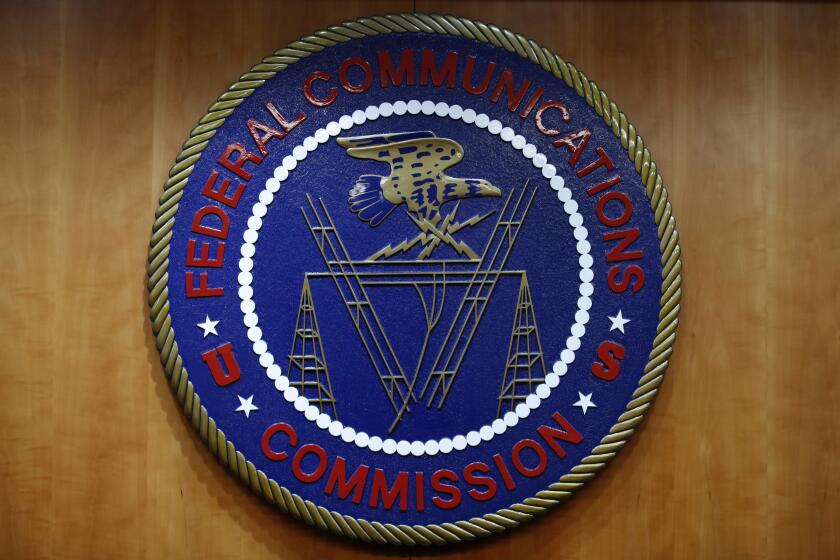U.S. Plans $6.2 Million in Food Aid to N. Korea
WASHINGTON — Brushing aside criticism by presumptive Republican presidential candidate Bob Dole, the Clinton administration announced Thursday that it will provide North Korea with $6.2 million in emergency food aid to help the Communist regime avert a famine.
The administration’s action marks the second time this year that it has given food aid to North Korea. U.S. officials said they are studying the possibility of also easing economic sanctions.
“We’re convinced that the food situation [in North Korea] . . . is actually quite severe and that there is a possibility that the situation could deteriorate further, absent a response from the international community,” State Department spokesman Nicholas Burns said.
The American aid will be in the form of food supplies, such as rice and corn products. It will be distributed by the World Food Program, the United Nations agency that has taken the lead in organizing food relief to North Korea.
In February, the Clinton administration agreed to send $2 million in food supplies in America’s first humanitarian aid to the Asian nation.
The South Korean government had announced earlier this week that it will provide almost $3 million in cash and commodities to help feed North Koreans. And the government of Japan is expected to announce within the next few days that it too will contribute about $6 million to North Korean relief.
The administration said last week that it was considering new food aid to North Korea, and Dole called that an example of how Clinton is “rewarding enemies of the United States.”
“North Korea devotes huge resources to support its 1.2 million military forces which threaten Americans and South Koreans,” Dole said in a statement Friday. “North Korea continues to spend vast sums on ballistic missile development programs. . . .
“In spite of North Korea’s determined challenges to American interests, President Clinton has decided to subsidize a country that devotes its own resources to the appetite of an insatiable military.”
North Korea began pleading for international food aid after a series of floods last summer destroyed parts of the nation’s harvest.
But American specialists on North Korea said the shortage is caused by long-term problems in agriculture and the loss of subsidized oil supplies and other aid from the Soviet Union. The Soviet aid had enabled North Korea to use fertilizers relatively cheaply.
Burns emphasized Wednesday that the U.S. food aid will go to ordinary people and not to the North Korean military.
“This is a humanitarian gesture by the United States. It is meant to help the victims of the floods in North Korea--farmers, people who live in the countryside,” he said. “These people are not Politburo officials. They are not members of the North Korean military general staff. These are simple people who don’t have enough food. And I think the American people, being charitable as they are, will support this.”
The pledges of help from the United States, South Korea and Japan total about 70,000 to 80,000 metric tons of food, less than 10% of the 1 million metric tons North Korea will need this year, Burns said.
Michael Ross, spokesman for the World Food Program, said the U.S. food aid, together with the contributions expected from others, “will go a long way in helping the WFP alleviate the very substantial suffering that the victims of last year’s floods in North Korea are experiencing.”
More to Read
Sign up for Essential California
The most important California stories and recommendations in your inbox every morning.
You may occasionally receive promotional content from the Los Angeles Times.









